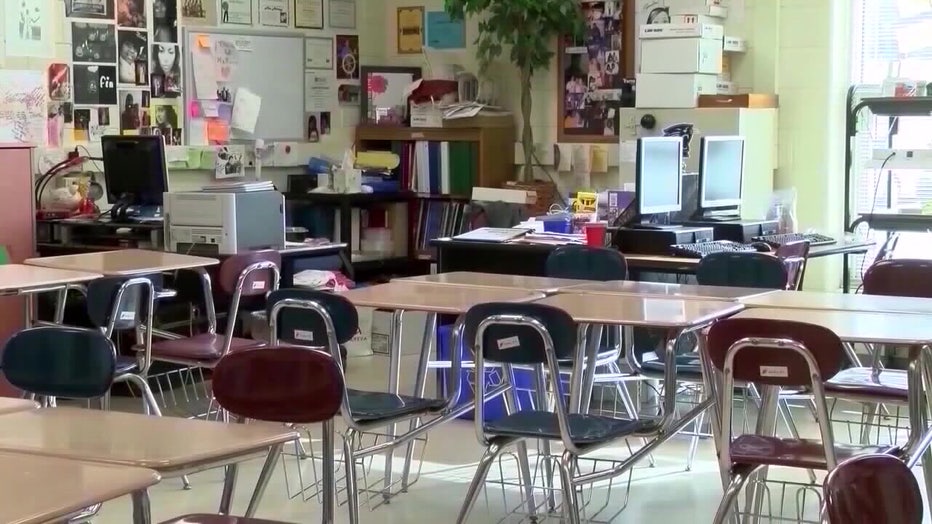‘It’s about transparency’: Florida lawmakers push for partisan school board races
TAMPA, Fla. - This week a Florida House panel took a first step toward shifting to partisan school board elections.
A move from non-partisan to partisan school-board races would require a constitutional amendment. Rep. Spencer Roach, a North Fort Myers Republican who is sponsoring the proposal, says it would increase transparency.
"For me, it’s about transparency, and I simply believe that we have an obligation to give voters as much information about a candidate as possible and let them make a decision about vetting a candidate," Roach said.

Critics argue it brings politics into the classroom and creates more divisiveness.
"I think it would be difficult if you politicized it in that manner," Cecile Scoon, President of the League of Women Voters of Florida said. "There's going to be some subset of people who feel like, well, that principal stands for this, better not go there. It's going to be divisive."
Political science experts say, historically, Floridians have been against partisan school board races.

"This is why it's in the Constitution, the majority of voters in Florida really felt that school board races should be nonpartisan, along with a lot of other local races. They felt that they should be nonpartisan," University of Central Florida political science professor Aubrey Jewett said. "The argument originally going back like a hundred years was that for a lot of local races, including school boards, we didn't want to inject national partisan issues.
Others also point to the changes in school-board races in the most recent elections, which included endorsements from Republican and Democratic leaders. A shift experts say started during the pandemic as debates over schools reopening and mask mandates took center stage.
"You had some school boards who fought against that initiative. And that, I think, then led directly to the governor saying, you know, I'm going to get involved in school board races," Jewett said.
There are currently identical proposals in the House and Senate attempting to present the issue to voters. If this measure passes, it would go on the ballot for Florida voters to decide.

